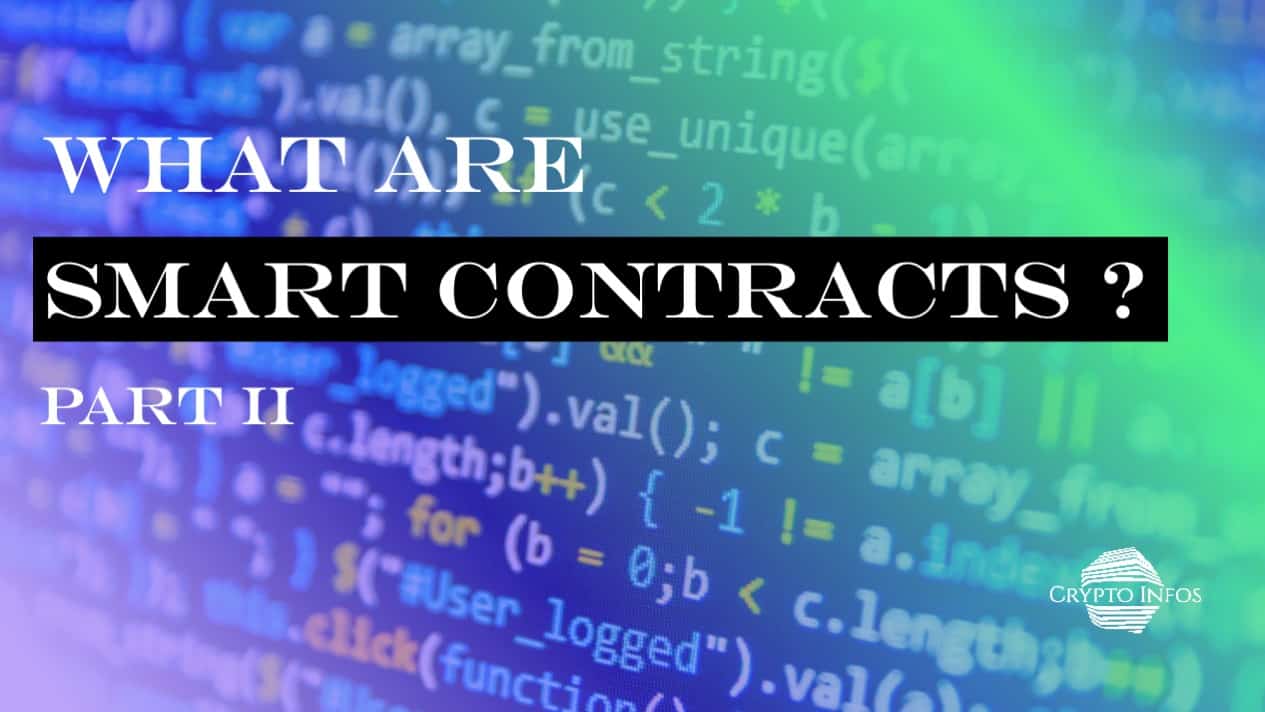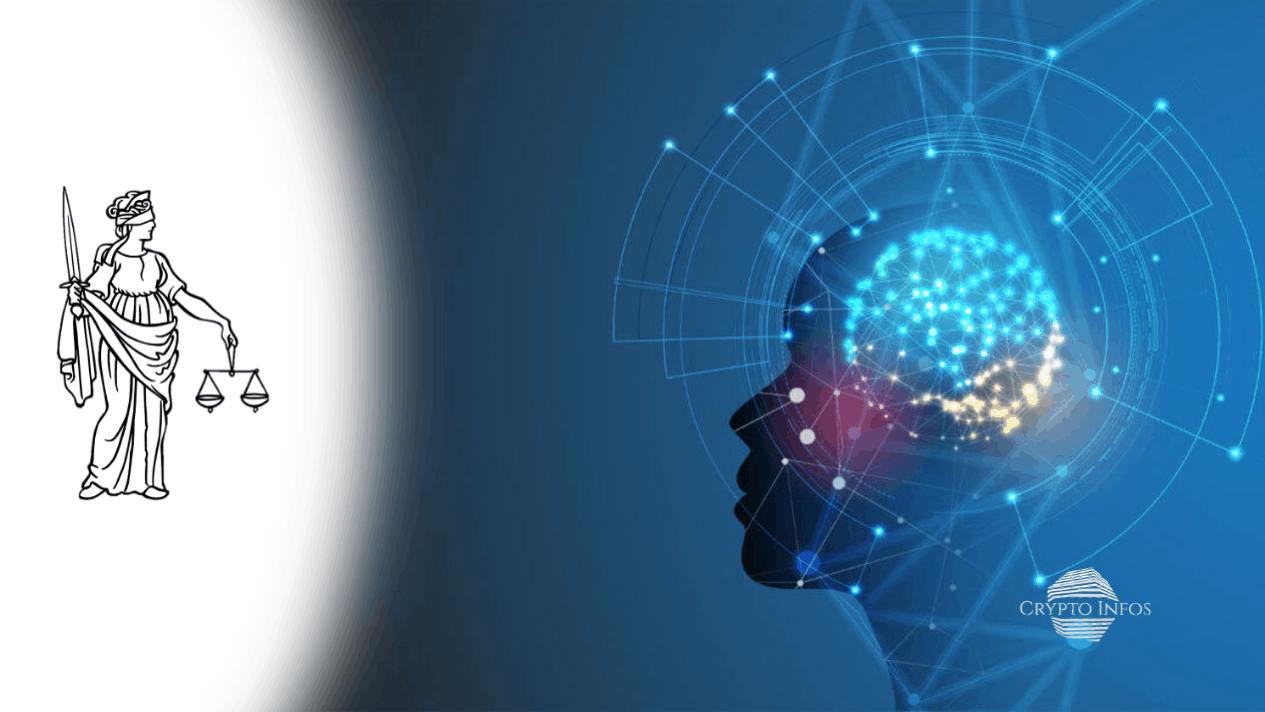The debate around the Self Sovereign Identity (SSI) concept is on for a long time now. It revolves around the idea of what identity is and how many identities people can own.
Individual (or personal) data is one of the best instruments to track and trace Covid-19. It enables medicines and vaccines to be delivered in a faster way. In the situation the whole world actually is, this issue has been ranked among one of the hottest.
Still, there is also an immense need to control and regulate privacy and security aspects. Latest technologies such as Blockchain can provide answers enabling a better user experience.
The revolutionary capability of this process will be to overcome the idea of identity provider assuming that identity already belongs to everyone without needing to be provided by a third party.
Based in London, Roberto demonstrates a strong interest in Artificial Intelligence, Blockchain and Cryptocurrencies. Graduated in Law in Cagliari (Italy), Roberto’s background includes research on Blockchain technology for technology magazines such as ‘SmartCities’. Thanks to his legal academia path and his solid research skills, he revealed thorough expertise in technology legal-related topics.
Can we finally take control of our own identity?
Since globalisation, digitisation and digitalisation took on a large scale, the notion of identity is now even more intricate. Authentification can take many forms (see SSO – or Single Sign On Authentification). Nevertheless, identity is just one.
We have dozens of personas online; each of them is owned by the organisation that provides it, potentially all different.
Online identity has always been conceived as an asset controlled exclusively by X organisation named Identity Provider (IDP), which specifically equip you with an identifier and a password to access your account for instance.
At its core, Self-Sovereign Identity is to recreate that real-life scenario where no central authority is given. Previously, a centralized identity system was needed for granting access to the user.
Nowadays, protecting the self-sovereignty of a virtual identity can be as crucial as protecting the physical one.
By using decentralization and cryptography, anyone can open an SSI wallet. The identity owner will be the only one to know its identification number, just having to prove this identity when full disclosure of real identity is required (opening a bank account or obtaining a mortgage for example).
There will be indeed cases in which users will have to disclose their identities to the parties when they are requesting. Here ‘trust‘ is key as the identity owner can determine which credentials to share, choosing trustworthy companies and bodies.
Decentralized Identifiers (DIDs) do the job in the “self-sovereign” digital identity world. They are controlled by the identity owner, autonomously from any identity provider.
Complete control over this self-sovereign identity is still far from reality but cracking down hackers or even abusive, dictatorial governments is now easier. In a way, aware of its social impact and its power of inclusion and accessibility, technology can also be ethical.
A tamper-proof register to store health data is now possible
Not surprisingly, governments can be reluctant to legitimize the “self-sovereign” concept, as this could, in fact, represent a transfer of part of their sovereign.
Now that the Covid-19 vaccine seems to be a reality for millions of people, a shortage of doses can’t be a risk to take: a Blockchain-based system allows even rivals not only to obtain patient consent and to share genomic data but also to cooperate on a shared platform without sharing sensitive information.
Communication between medical staff can be smoother and error-free; data exchange can be more accurate and consistent throughout the systems generating more relevant and meaningful information.
Several kinds of health data can be saved with Blockchain: self-reported data related to health and lifestyle applications, and medical records, lab results, diagnosis history.
Patients are involved expressing their consent to make the data available to a certain entity, or even choosing whether to keep the record.
Moving forward, by the beginning of the next year, a form of normality could be restored, introducing Immunity passports.
Although virologists and scientists have not been able to prove that Covid-19 patients develop antibodies and immunity to the virus (and recent information goes to the opposite direction), SSI technology enables citizens to hold on their phones some health data to allow access to some facilities or services. None of these data would have unauthorised external access, and most importantly, no other data than strictly related to a viral or vaccine status would be broadcasted.
Precisely this is what apps BLOK Pass and BLOK Verify do scanning individual phones to allow them to enter a premise. They implemented a colours-system which creates three tiers (green, yellow and red), which correspond to full permission, action required, or refusal.
Some may argue it’s a limitation of privacy, but it’s not that far from showing a driving license or a physical ID to buy alcohol in the local shop without feeling invaded in their personal sphere, merely proving to be qualified to a particular service.
Allowing this change will enable embracing the future.
Sources:
Ledger Insights, Medium, Computer World, Harvard Business Review, European Commission

















[…] Self Sovereign Identity and Health data – What is the link? […]